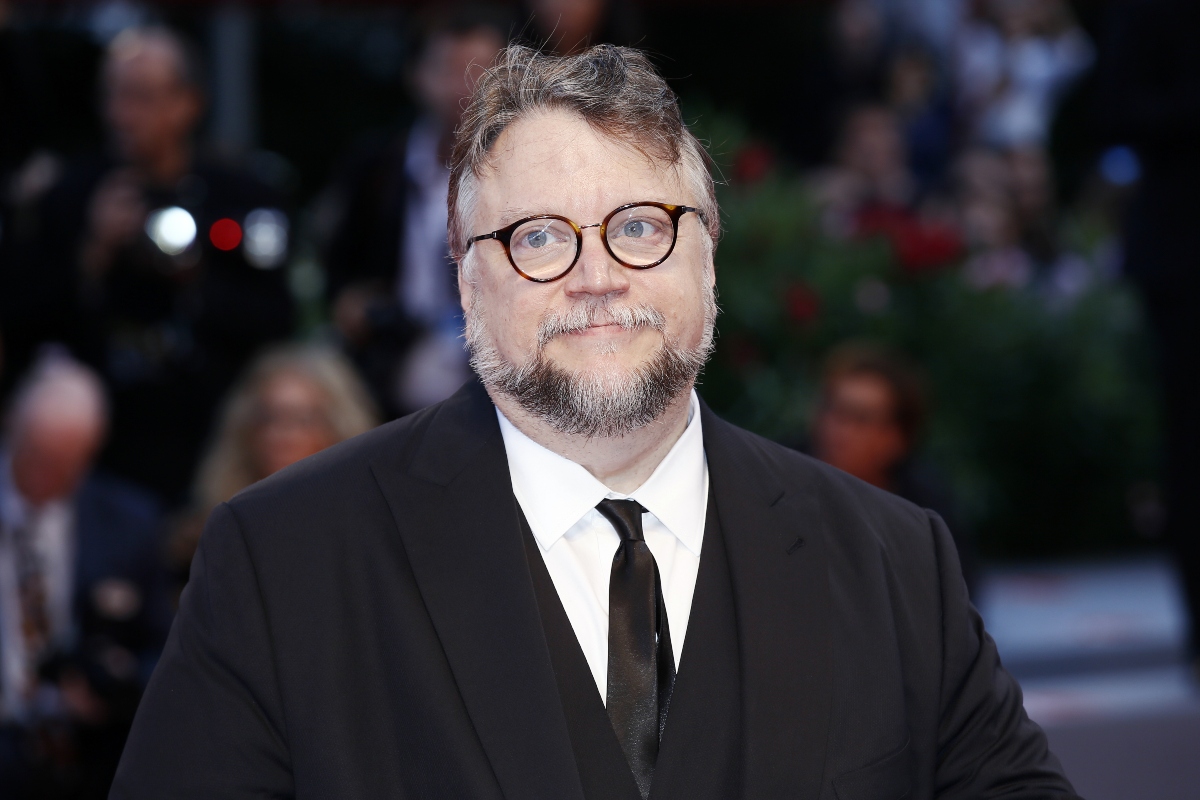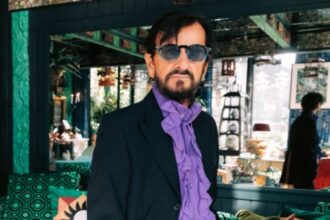Guillermo del Toro has been obsessed with Mary Shelley’s ‘Frankenstein’ since he was seven years old and as a filmmaker has been dreaming of bringing it to the screen for at least 30 years. This Saturday he finally presented it, in competition at the Venice Film Festival, and he is more than relieved: “Now I can take the pressure off”.
At the press conference to present his film, the Mexican filmmaker was happy and relaxed, satisfied with the work done, because ‘Frankenstein’ -he assured- “is more than a dream, it is a religion for me since I was a child”.
But he has waited so long to make the film to do it “in the most appropriate conditions from the creative point of view” to get the project he wanted, with enough scope “to move people,” although in the end what he has achieved is “a postpartum depression,” he said with a laugh.
Received with applause -but not standing ovations- in its first press screenings, the film is a visual spectacle that has been cared for down to the smallest detail, adapting with Guillermo Del Toro’s particular and baroque style the well-known story of the most human monster, played by Jacob Elordi, while Dr. Victor Frankenstein is played by Oscar Isaac.
A film that comes, for Del Toro, at the right time. “Everything I’ve done in my career was an instrument of learning, every idea, everything was to get here (…) and I thought of this story as a relationship of fathers and sons. Then I became a father and everything changed.”

That’s why he began to think of Victor and Frankenstein as the story of a second father and a second son. “I’m very glad I waited and didn’t do it 30 years ago, or 20 years ago, or even ten years ago,” said Guillermo Del Toro.
In contrast, Elordi had just three weeks to prepare his character, but commented that it was easy to get into the project, as well as considering that, rather than Frankenstein, the monsters are “men in well-designed suits,” something Del Toro had previously said.
The character, he added, “was a vessel where I could deposit my whole being.” “From the time I was born until I’m here with you today, it’s all in that character. And, in many ways, the creature on screen in this film is my purest form. He is more me than I am,” said the Spanish-born Australian actor.
For Oscar Isaac, his work as an actor is a process of “surrendering in some way to the material” that comes to him and finding “the way to fall in love with the character you are going to create”.
That’s what he did with Dr. Frankenstein, a role Del Toro offered him two years ago when they were sharing a Cuban meal and talking about his parents and their lives. “I can’t believe we’re here and it’s come to that,” added the Guatemalan-American actor.
The film is produced by Netflix, although it will be released in theaters first. Asked if he had negotiated a high number of films with the platform, Del Toro responded amused: “I always want more of everything”.
On a more serious note, he said that the battle for storytelling in cinema is “obviously the size of the theaters, but also the size of the ideas, which is very important, the size of the artistic hunger that you bring to the cinema”.
You never know what’s going to happen when a movie is released in theaters and Guillermo Del Toro recalled that when ‘Nightmare Alley’ was released it coincided with a Spider-Man, and it didn’t last long in theaters.
That’s why he considers it “an opportunity and a challenge” to make a film that will be seen by 300 million people on television evoke the cinema.
In any case, the most important thing for him is to achieve emotion and he knows he has achieved it when he cries. “I’m Mexican and I don’t skimp on the tears,” he said to the laughter of the journalists.
He laughed several times during the press conference, joking with his colleagues or uttering phrases in Italian, such as when there were problems with the sound of the microphones and it came out naturally: “Che cazzo!
To end with a shout: “Ci vediamo pronto” (a mixture of Spanish and Italian to say “See you soon”), reported Agencia EFE.














